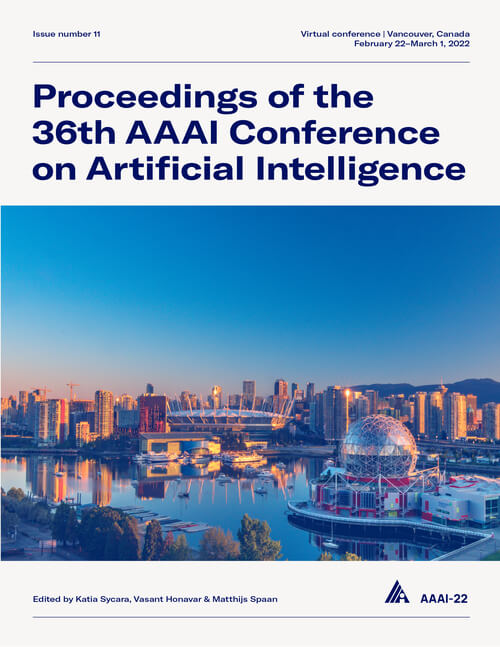LIMREF: Local Interpretable Model Agnostic Rule-Based Explanations for Forecasting, with an Application to Electricity Smart Meter Data
DOI:
https://doi.org/10.1609/aaai.v36i11.21469Keywords:
AI For Social Impact (AISI Track Papers Only)Abstract
Accurate electricity demand forecasts play a key role in sustainable power systems. To enable better decision-making especially for demand flexibility of the end-user, it is necessary to provide not only accurate but also understandable and actionable forecasts. To provide accurate forecasts Global Forecasting Models (GFM) that are trained across time series have shown superior results in many demand forecasting competitions and real-world applications recently, compared with univariate forecasting approaches. We aim to fill the gap between the accuracy and the interpretability in global forecasting approaches. In order to explain the global model forecasts, we propose Local Interpretable Model-agnostic Rule-based Explanations for Forecasting (LIMREF), which is a local explainer framework that produces k-optimal impact rules for a particular forecast, considering the global forecasting model as a black-box model, in a model-agnostic way. It provides different types of rules which explain the forecast of the global model and the counterfactual rules, which provide actionable insights for potential changes to obtain different outputs for given instances. We conduct experiments using a large-scale electricity demand dataset with exogenous features such as temperature and calendar effects. Here, we evaluate the quality of the explanations produced by the LIMREF framework in terms of both qualitative and quantitative aspects such as accuracy, fidelity and comprehensibility, and benchmark those against other local explainers.Downloads
Published
2022-06-28
How to Cite
Rajapaksha, D., & Bergmeir, C. (2022). LIMREF: Local Interpretable Model Agnostic Rule-Based Explanations for Forecasting, with an Application to Electricity Smart Meter Data. Proceedings of the AAAI Conference on Artificial Intelligence, 36(11), 12098-12107. https://doi.org/10.1609/aaai.v36i11.21469
Issue
Section
AAAI Special Track on AI for Social Impact

